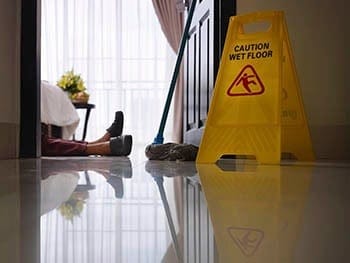April 6, 2017
Workers Compensation can be granted for any number of workplace-related injuries or illnesses caused by the workplace environment, including slips and falls, mental injuries, and more. Previously, we’ve answered Workers Compensation question like: How Much is My Workers Compensation Case Worth? My Employer Denied My Workers Compensation Claim. Can I Take Them to Court? What is the Role of Supervisors in Workers Compensation? Many workers who receive Workers Compensation may do so while receiving other benefits like SSDI or Medicare, and this grows more common as the average age of the American employee rises. Does Workers Compensation affect Medicare or other government benefits? Let’s take a look.









